 Timothée Chalamet in Wonka. Photo: Jaap Buittendijk
Timothée Chalamet in Wonka. Photo: Jaap Buittendijk
Forget about your Mission Impossible, your Oppenheimers and your Barbies. For many, the most anticipated film of the year will be Wonka, directed by Paddington Paul King and produced by Harry Potter protagonist David Heyman. Since it was first announced, it has been discussed, discussed and even ridiculed a lot, not least because of the viral clip of Timothée Chalamet's pastry chef Willy Wonka going on a journey to the accompaniment of a boy shouting «Good luck Willy!»
However, now the first trailer is out and it seems to suggest there will be adventure, humor and, yes, magic on the grandest scale, and the appearance of none other than Hugh Grant as a pompous Oompa-Loompa at the end of the preview promises the twisted, surreal humor that has been such a feature of King's Paddington films. When it's released this Christmas, few will argue that it will be a significant hit.
However, there will be skeptics who will ask, «Why do we need a Wonka origin story?» They have a point of view. Hollywood has an unfortunate habit of releasing prequels and saga origin stories that we already know will be resolved in a certain way, and at worst, these films can be little more than two hours of inappropriate window dressing; think of Solo, where the picture was deservedly criticized for trying to explain the backstory of a character who never needed it.
The biggest challenge King, Heyman and the filmmakers had was coming up with a narrative that is not only satisfying on its own—judging by the trailer, it revolves around Wonka's attempt to open the world's best chocolate shop only to face an arrogant cartel who will thwart his confectionery efforts at all costs—but also stays true to Roald Dahl's original character and his book Charlie and the Chocolate Factory, which first introduced V illi Wonka to readers when it was published in 1964.
Dahl himself was inspired by an experience that many children would find idyllic. When he was a student at Repton Boarding School in the early 1930s, Dahl and his peers received boxes of new chocolates from nearby manufacturer Cadbury to try them out and then give their candid reviews.

As he later wrote in his autobiography, The Boy, it was an important experience for the young Dahl: “It was then that I realized that inside that great Cadbury chocolate factory there must be a room for invention, a secret place where grown men and women in white overalls spent all their time playing with sticky boiling mass, sugar and chocolate, mixing them and trying to invent something new and fantastic.”
Memories of him sitting in his school ceremonially tasting chocolate and expressing his opinion about it lasted for the next three decades. As he later wrote, «I have no doubt that 35 years later, when I was looking for a plot for my second children's book, I remembered those little cardboard boxes and the newly invented chocolates inside them.»
However, an important detail that Dahl later discovered was that Cadbury and their archrival Rowntree's weren't just lavish gift givers, but were instead immersed in what would become corporate espionage, trying to steal heavily guarded recipes from each other.
 Gene Wilder in Willy Wonka and the Chocolate Factory
Gene Wilder in Willy Wonka and the Chocolate Factory
It was this that was infused into the DNA of Charlie and the Chocolate Factory and made a huge contribution to the enigmatic character of Willy Wonka, who appears in the original book as a strange mixture of a benevolent, good-natured character and a mean-spirited prankster. When Dahl received a letter from a Nebraska mail carrier named Willy Wonka in 1971, he assumed that he named Wonka after a boomerang his older brother had made for him when they were both children called «Skilly Wonka». It was not a big change for Dahl to change his name to a more appropriately human one, and thus perhaps his most indelible character was born.
At first, he is referred to simply as «the greatest inventor and maker of chocolate that ever existed», but there are hints of something else from the start; Wonka's colonialism is evidenced by his trip to India to build a «colossal palace entirely out of chocolate» for the Prince of Pondicherry. But in the original version of the novel, this is made much more explicit by suggesting that Wonka hired the Oompa-Loompas, who are described as jungle-dwelling pygmies whose diet consisted mainly of poisonous bugs and caterpillars, essentially as slaves in his factory to replace white laborers.
Wonka justifies this by suggesting that he saved them from their nemesis Wangdoodles, who would otherwise eat them. But Dahl was soon persuaded to change their characterization so that they enjoyed greater free will, recruited by the chocolate manufacturer with the promise of unlimited cocoa beans: as Wonka suggests, «you only had to mention the word 'cocoa' to an Oompa-Loompa and it would drip from his mouth.» They also changed their appearance to be more of a hippie character, with lighter skin and brown hair.
 Johnny Depp as Wonka in Tim Burton's Charlie and the Chocolate Factory
Johnny Depp as Wonka in Tim Burton's Charlie and the Chocolate Factory
However, the suggestion that Wonka is not so much a kind and benevolent character as a ruthless and exploitative capitalist still lingers. This creates an intriguing tension at the heart of the book, which then finds its fullest expression in Wonka's sadistic punishments of the other children who were lucky enough to find the golden ticket and thereby win a tour of his legendary factory, but the missing ones are discovered in the process. Only Charlie Bucket can win without the corrupt greed that others have.
The character himself has previously been played by an adult Gene Wilder and Johnny Depp, but neither physically approaches Dahl's original description as «an extraordinary little man… [with] a neat little pointed black goatee… he was like a squirrel in his swiftness of movement, like a quick smart old squirrel from the park.»
There is no explicit allusion to his backstory or how he became the world's greatest chocolatier in the novel. Like Heath Ledger's Joker, the character he resembles in some respects is simply absolute, presented with no explanation of how he got to where he is. Towards the end of the book, he says that «I'm an old man… a lot older than you think», giving him almost fantastical properties, but otherwise little detail on who he really is.

In the case of Wilder Wonka, who appears in the 1971 film Willy Wonka and the Others. The Chocolate Factory, the actor found his own way in the character he conditioned upon accepting the role. As he later said with elegant simplicity: “When I first enter, I would like to walk out the door with a cane and then limp towards the crowd. After the crowd sees that Willy Wonka is crippled, everyone whispers to themselves and then falls silent. As I walk towards them, my cane pierces one of the cobblestones I'm walking on and stands up straight on its own; but I keep walking until I realize that I no longer have a cane. I start to fall forward and right before I hit the ground, I do a beautiful front flip and jump back up to a big round of applause.” When asked why he would want to do this, Wilder replied, «From now on, no one will know if I'm lying or telling the truth.»
There is some deliberate aggression in Wilder's Wonka that the character does not have in the book, and perhaps this explains why Dahl never came to terms with the actor's choice; he would have preferred Spike Milligan in the role. However, when Depp came to play a role in Tim Burton's 2005 film, he replaced Wilder's quixotic jokes with something a little more fantasy and childish; this Wonka seems almost surprised by the punishment of naughty children.
 Timothée Chalamet and Hugh Grant in Wonka. Photo: Warner Bros.
Timothée Chalamet and Hugh Grant in Wonka. Photo: Warner Bros.
And for the first time, the painting provided Wonka with a backstory; it is suggested that he became estranged from his dentist father Wilbur, who forbade him to eat any sweets or chocolate, and that his huge success is based on a desire to impress Wilbur and convince him of the rightness of his actions. The choice of Burton regular Christopher Lee to play Wilbur made the dynamic between him and his son suitably solemn.
Wonka Depp is undoubtedly a softer and less prickly character than the character in the original book or as Wilder, and it is likely that Wonka Chalamet will be more benevolent and kind. Although the final conversation between him and Hugh Grant's Oompa-Loompa, who is kept in a glass case, at least suggests that there will still be oddities and advantages in Wonka.
Nevertheless, whatever happens, it's interesting to remember the teenage Roald Dahl, who greedily and solemnly ate chocolate at his school and sent in his testimonials, and considering how this led to the creation of one of the most charming — and incomprehensible — literary figures of all time.
What do you think of Willy Wonka's character? Are you looking forward to the upcoming movie? Let us know about it in the comments

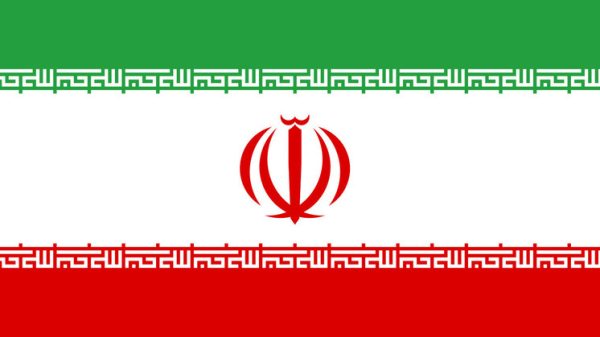



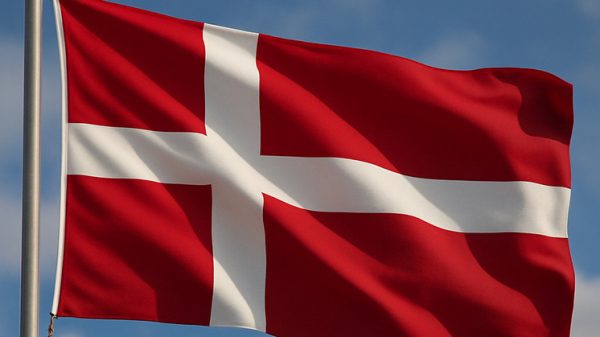








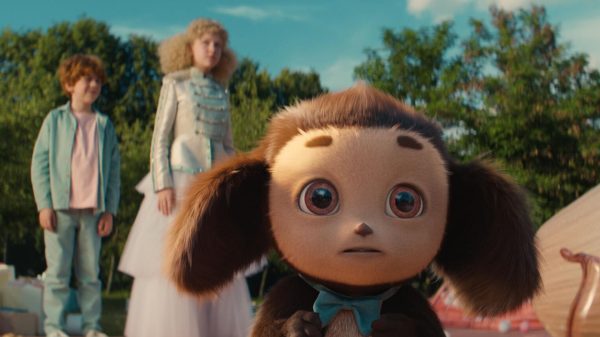

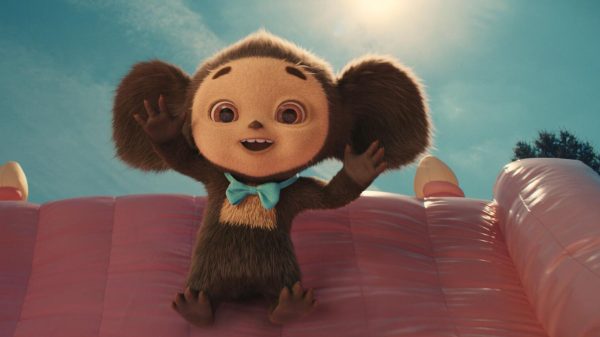
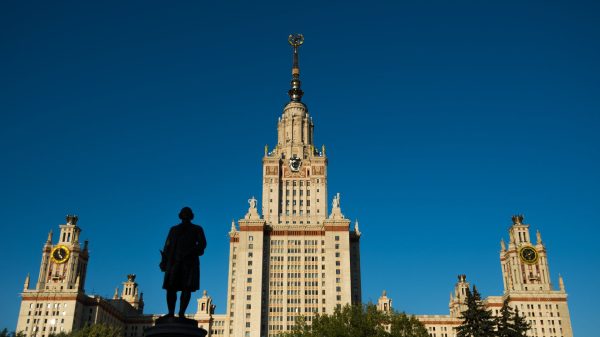



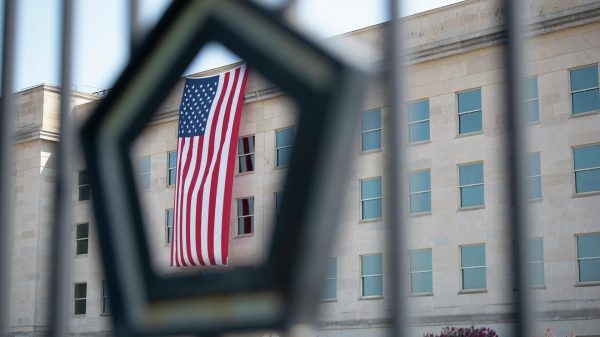







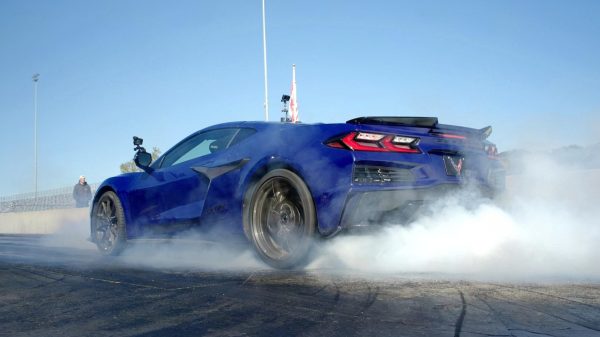

























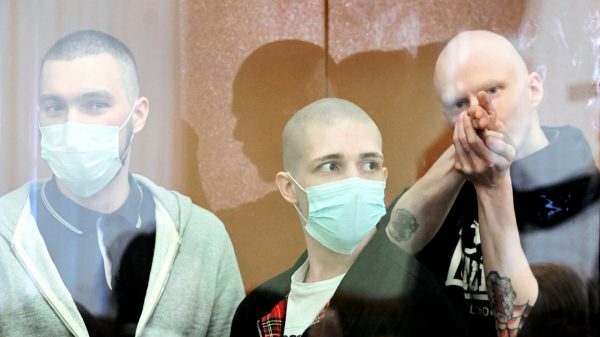


Свежие комментарии